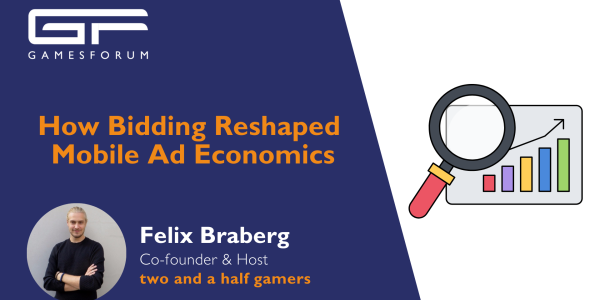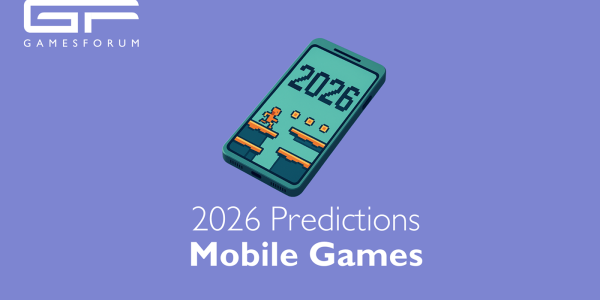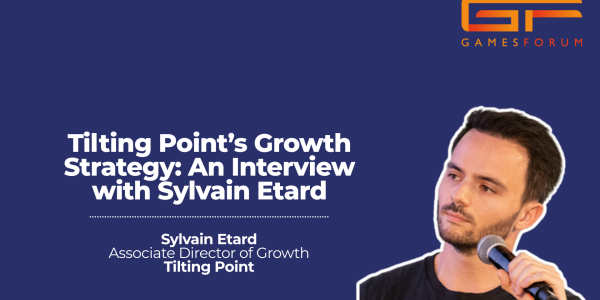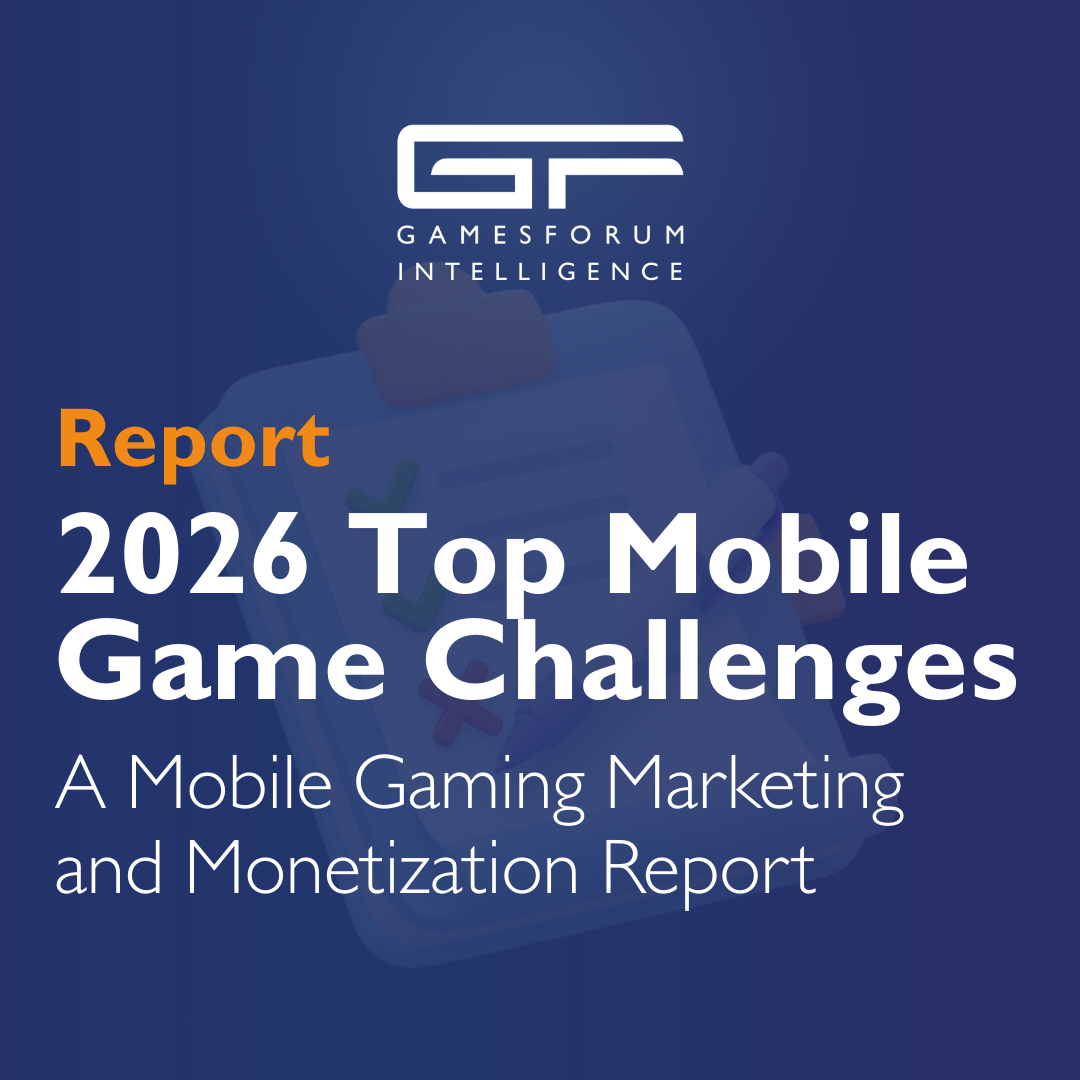Ad Monetization Today Can’t Work without AI-Based Ad-Visibility Technologies

Ronnie Sternberg, Co-Founder at SafeDK, discusses innovative technologies that are built to help mobile game companies cope with today’s ad-monetization challenges
A couple of months ago, a known mobile-games company received a furious support ticket from an end-user claiming that an honest ad redirected him to a porn site, without him even clicking on it in the first place, and that this reoccurred whenever he tried using the app.
After several more complaints and with the help of innovative technology, the source was found (one of the programmatic bidding ad-exchange in the chain was hacked) and thousands of malicious ads that auto-redirected users to porn sites were uncovered and blocked, while the related value chain players, including the affected ad-monetization networks (the biggest ones, by the way), were notified and received root cause reports they could use to fix the problem.
I won’t go into the details of this story. If you wish to read more about it you can visit this PR article by Pocketgamer that covers the story, but the main point here is that without ad-visibility technologies, tracking the ad-journey that the complaining user went through was almost impossible. Hence, finding a fix was almost impossible, too.
Let’s discuss some use cases that demonstrate the role of ad-visibility at the service of mobile publishers.
Ads are good for business. We are not looking to debunk that at all. But where there’s money, there’s also (some) disadvantages. And no less importantly, there’s overhead (of management and logistics).
The more you know about preventing the bad, deal with it quickly when it comes, and reduce your general overhead, the lower your costs get and the higher your ad ROI becomes.
Through the course of our expertise as mobile ad visibility and intelligence platform, we encounter incidents that involve inappropriate in-app ads, auto-redirects, buggy ads and more. These ads find their way into the most popular games and apps, some of which are targeted at kids and families.
Here are just a few examples out of thousands of ‘bad-ads’ that we help block every single day:
The ad in this family game app reads “women cannot stand this,” showing a hand holding a small pickle. It then carries on, stating “a tiny pickle is her worst fear.” The reference is quite clear, and very inappropriate.

This ad appeared in a word puzzle on the PEGI 3 app, which basically means that the content shown there should be suitable for ALL AGE GROUPS.

Here’s an ad for condoms in a kids game -

And we have tons of other examples.
The industry's ad-blindness
The term ‘ad blindness’ is known to describe ad fatigue among end-users, who become ‘blind’ to overused ad-formats.
But there’s another, different kind of blindness. Some of the current programmatic bidding technologies that are based on a single impression have a very critical side effect: complete blindness to ad creative. In other words, no one knows what is shown to the users - not the publishers, not the ad-networks and not the exchanges. Add to this the huge scale of data and it’s clear. No human can manually track the current scales of ad creative, even if was technically possible to view them.
Hackers exploit this industry limitation. And regardless of them, this blindness is bad for business. Users open support complaints, but there’s no way to track what they have seen. Buggy ads are hard to track, inappropriate ads that impact the brand can sneak in.. And even on the ROI side, there’s no way to analyses performance by creative, and optimize ad monetization ROI accordingly.
Ad visibility and user-level data solutions
Until all ad monetization networks and other value chain players start monitoring and controlling ad creatives on their own, publishers are left to take care of these issues themselves.
How can they track, monitor and analyze every creative that is pushed to users?
At SafeDK we’ve developed AI-based engines for that purpose. We’ve used our initial SDKs management technologies to collect all data that is sent via external ad monetization SDKs, in order to provide real-time ad visibility of creatives and performance for ads that running on the apps, statistic or user level.
How publishers use SafeDK’s Ad-Visibility technologies?
- In the case of ad-related support tickets, they can use the user’s ID and login to our dashboard, where they can view her entire ad-journey. In other words, support reps can see exactly what the user has seen.
- The AI engine tracks inappropriate or buggy ads and creates real-time alerts. Publishers can instantly report back to the ad networks through the system and blacklist specific ads, ads of a certain category, etc.
- Publishers can leverage support tickets to track the source behind ad-related fraud (such as auto redirects) and in extreme cases disable specific ad networks that deliver these fraudulent ads, until the problem is fixed.
- Publishers get full visibility over ad creative performance, for the first time, so they can make smart decisions to increase ads ROI.
Summary
The mobile ad industry is only expected to get bigger. More money will flow in, more ads will be shown and… more trouble will occur as well.
Running blind was an option, I guess, when the industry was still young, inexperienced and very immature. But today, publishers are playing in the big league and there’s no way they can continue to run blindly without visibility or control over the ad creatives their users encounter. This will surely be exploited more and more by hackers; related support operation will become a true headache and bugs or performance issues will take over. AI-based technologies that serve to literally open the eyes of the industry and help publishers control and optimize the ad creatives published in their apps are becoming the standard.











